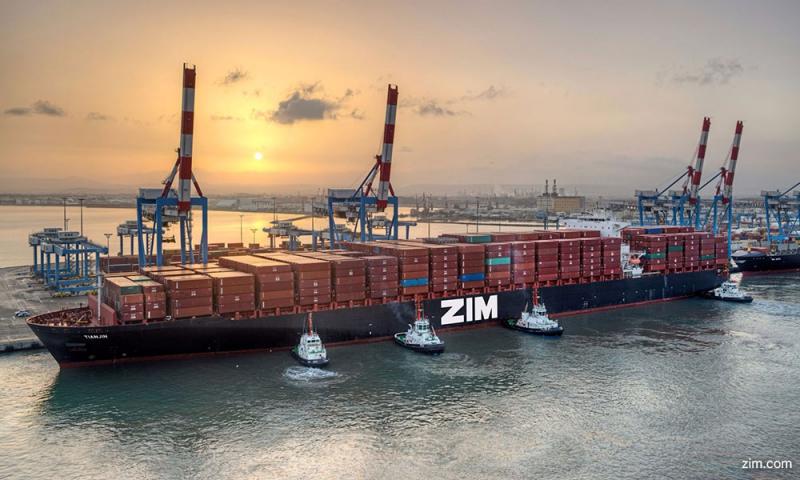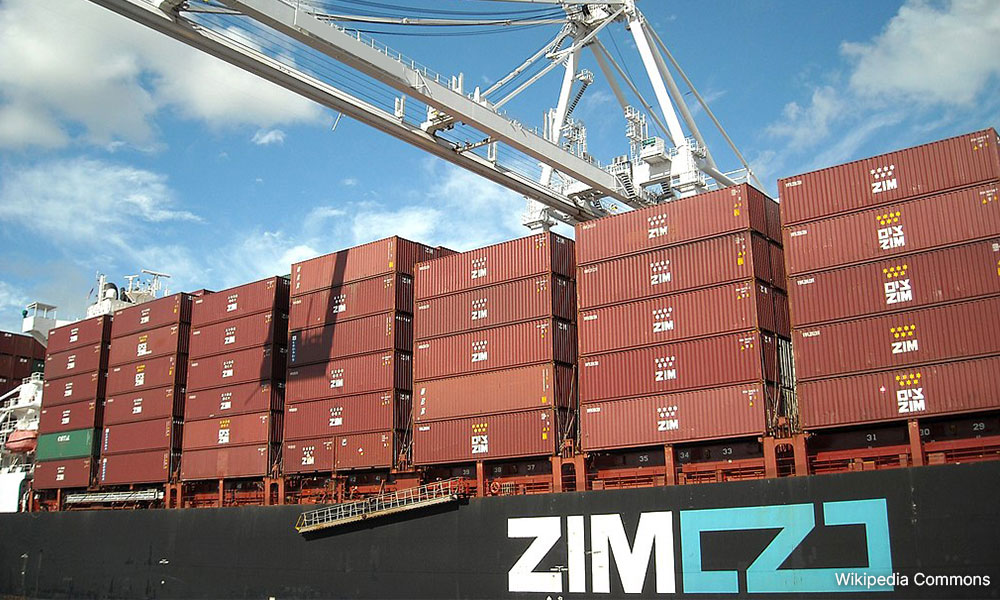
R Nadeswaran
COMMENT | On June 8, 2010, after a month of extensive investigations, Terence Fernandez and I dropped a bombshell of sorts that rightly, would expect reverberations from the government and politicians. But to use an over-used cliché, the silence was deafening.
When terms such as Zionists and pihak Yahudi (Jews) were (and still) used interchangeably to refer to Israel by political figures, they had little to say or were rather silenced by the revelations.
We wrote: “While the Israelis have attacked and blockaded a flotilla with Malaysians on board bringing aid for Palestinians, Malaysian ports have been receiving Israeli cargo vessels since 1998.
“The HS Chopin, one of the chartered Gold Star Lines’ vessels travels (regularly) to Malaysia under the Asia Mediteranean Europe service. The fleet belonging to Gold Star Lines, a subsidiary of Israel’s Zim Lines, has been calling at the nation’s ports, including Port Klang.”
Having found little traction with the powers that be at that time, I continued to raise the issue intermittently over the years whenever politicians and self-appointed do-gooders announced boycotts of American products.
Then, on May 10, 2021, I wrote a scintillating commentary on how trade is flourishing between Malaysia and Israel, with figures from TradingEconomics.com which provides accurate information for 196 countries, including historical data and forecasts for more than 20 million economic indicators, exchange rates, stock market indexes, government bond yields, and commodity prices.
It stated: “Our data is based on official sources, not third-party data providers, and our facts are regularly checked for inconsistencies...”)
In the same commentary, I wrote: “As recent as May last year, a business website reported that Israeli technology was used in the GE14 campaign.”
COMMENT | On June 8, 2010, after a month of extensive investigations, Terence Fernandez and I dropped a bombshell of sorts that rightly, would expect reverberations from the government and politicians. But to use an over-used cliché, the silence was deafening.
When terms such as Zionists and pihak Yahudi (Jews) were (and still) used interchangeably to refer to Israel by political figures, they had little to say or were rather silenced by the revelations.
We wrote: “While the Israelis have attacked and blockaded a flotilla with Malaysians on board bringing aid for Palestinians, Malaysian ports have been receiving Israeli cargo vessels since 1998.
“The HS Chopin, one of the chartered Gold Star Lines’ vessels travels (regularly) to Malaysia under the Asia Mediteranean Europe service. The fleet belonging to Gold Star Lines, a subsidiary of Israel’s Zim Lines, has been calling at the nation’s ports, including Port Klang.”
Having found little traction with the powers that be at that time, I continued to raise the issue intermittently over the years whenever politicians and self-appointed do-gooders announced boycotts of American products.
Then, on May 10, 2021, I wrote a scintillating commentary on how trade is flourishing between Malaysia and Israel, with figures from TradingEconomics.com which provides accurate information for 196 countries, including historical data and forecasts for more than 20 million economic indicators, exchange rates, stock market indexes, government bond yields, and commodity prices.
It stated: “Our data is based on official sources, not third-party data providers, and our facts are regularly checked for inconsistencies...”)
In the same commentary, I wrote: “As recent as May last year, a business website reported that Israeli technology was used in the GE14 campaign.”

FocusMalaysia reported that the BN government under Najib Abdul Razak had agreed in 2018 to purchase equipment to monitor the movements of the then-opposition Pakatan Harapan leaders. This report has not been denied.
According to the latest figures from the United Nations Comtrade database on international trade, Israel exported goods worth US$74.41 Million (about RM335 million) to Malaysia in 2022.
The same database also showed that Israel's imports from Malaysia were US$10.69 million (about RM48.11 million) in 2022 which included animal, vegetable fats and oils products (US$9.73 million), organics chemicals (US$9.44 million, electric and electronic equipment (US$6.12 million), and glass and glassware (US$2.33 million).
Ban on vessels
So, with Wednesday's announcement that Israeli ships are banned from calling at Malaysian ports, will it be the end of the thriving two-way trade?
Prime Minister Anwar Ibrahim said the government decided to block and disallow the Israeli-based shipping company ZIM from docking at any Malaysian port.
“These sanctions are a response to Israel’s actions that ignore basic humanitarian principles and violate international law through the ongoing massacre and brutality against Palestinians,” he was quoted as saying.

Malaysia also decided to no longer accept ships using the Israeli flag to dock in the country “and ban any ship on its way to Israel from loading cargo in Malaysian ports”.
In solidarity with the people of Gaza who are suffering from constant bombardment from the Israeli Defence Forces, this may be the right thing to do.
But will it work? Certainly not. Will it hurt Israel?
But it is a token voice of protest against the atrocity (almost 20,000 Palestinians have been killed since the offensive began on Oct 7) but will it be the end of the trade between the two countries?
One of two will happen and one does not need a degree in rocket science to circumvent the government’s decision.
The Israeli goods can be put on shipping lines that are allowed to dock in Malaysian ports. Or if need be, the imports will be unloaded and transhipped to Malaysia via feeder vessels from ports in neighbouring countries or by road, especially from Singapore.
What if a rubber glove manufacturer sells his gloves to a Singapore company which then exports them to Israel? Nothing changes. The middle person company just charges his fee for his troubles and it is back to square one.
Of course, markings on goods and containers will be changed and no one will be none the wiser, and trade will continue.
R NADESWARAN is a veteran journalist who writes on bread-and-butter issues. Comments: citizen.nades22@gmail.com

No comments:
Post a Comment